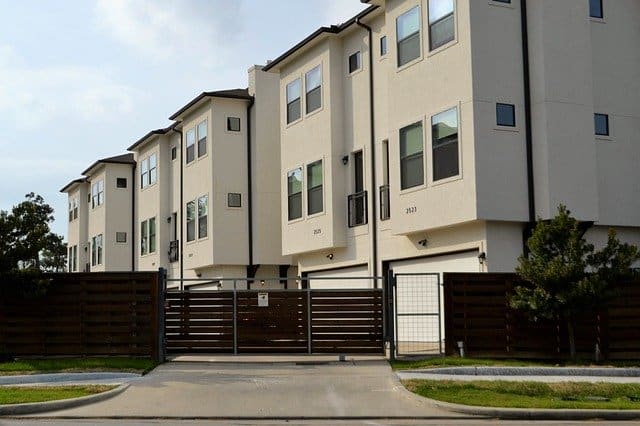In this article, we’ll discuss the important topic of: “How Does Bankruptcy Affect the Rental Property?”
There can be two scenarios here when you think of a rental property undergoing bankruptcy. One is if the tenant files bankruptcy, and the other is if the owner of the rented premise file bankruptcy. In this article, we will discuss both the scenarios in detail.
You must understand that the idea of bankruptcy can affect the value of the property. The bankruptcy rules for real estate are very confusing and tricky to navigate, leaving many scopes for the mistake.
Under whichever chapter you file a bankruptcy case, a simple mistake may even make you lose the property.
How Does Bankruptcy Affect the Rental Property?
There can be two ways a rental property be affected. If you are a tenant who has filed for bankruptcy under Chapter 7 and you do not miss any rent payments, you cannot be evicted. As you are under bankruptcy protection, your landlords cannot end your lease agreement.
However, under Chapter 13, the trustees can decide whether to terminate your lease agreement, if it benefits your creditors. The trustees may evaluate your rent with the others in the area and decide on removing the lease. The idea is to lessen your expenses, to pay back the creditors.
Under the federal law protects you from being evicted by landlords during your bankruptcy. We will discuss what happens if a landlord files a case of bankruptcy in the next heading.
How is rented property treated under Chapters 7 and 13?
If you are a landlord and curious to know what happens to your property after you file for bankruptcy, keep reading. Different rules apply to different chapters.
Chapter 7
Once you file a case of bankruptcy under chapter 7, you will be allowed to keep any free property under the state or federal law. The choice is often given to the filer to choose the law. Under chapter 7, many states allow you to keep some of the home’s assets/equity. In some cases, the states may allow you to keep only some dollars; most other states let you keep your property’s interest.
However, the state law protects only your residential property, i.e., the home you currently live in. It will not cover any other asset or property you are not using now, for instance, your rental property. And since it is considered to be one of your assets, the bankruptcy trustees can take over the property, sell it to pay back to your creditors.
The trustees decide to take over a property only if the proceeds of selling it is more than the cost of getting it and selling. So do not worry if the valuation of the property is too less. But in such a case, the mortgage company can take over the property, and your creditors will not get anything.
There is, however, a “wildcard exemption” to protect even the small assets of your property. It is by paying an exemption amount applicable to any asset. So if your state agrees and your property has low equity value, you can use a “wildcard exemptions,” which may work in your favor and stop the trustees from taking over your rental property.
Chapter 13
This is relatively simpler. You do not have the distress of losing your property under chapter 13 of bankruptcy. In place of that, you can use your rental property to pay back your creditors for over 3-5 years. So the trustees will not take over the property and sell.
However, there will be some effect of Chapter 13 bankruptcy on your in some ways.
Firstly, you may be asked to pay back a massive sum of your debt. Under this chapter, you may have to pay a sum equivalent to your nonexempt property. This is to protect your creditors from any loss; else, they would have preferred Chapter 7.
Secondly, you will include any payments that you missed earlier for your rental property into your repayment plan. You will have to make sure you are making the payments slowly and steadily to avoid foreclosure.
Lastly, you can try to “cram down” the mortgage worth of the property. Since paying such a huge amount in such a short span is beyond imaginable, especially when you have filed a case in bankruptcy. Hence, you will be able to reduce your debt amount to the property’s value when you filed for bankruptcy.
Can you rent an apartment after bankruptcy?
Once you are discharged from bankruptcy, within three months, people will be eligible for rental. It all depends on how much you can bear with; you can rent or lease a property. However, there can be landlords who can check your credit score before lending you the house. In some parts, there can be rent discrimination too. But it is illegal, and most people do not face such situations.
Summary
In our opinion, a rented property will have some effect due to bankruptcy, whether it’s from the owners’ end or tenants. In this article, we have tried to summarize all the situations you may have to face if filed for bankruptcy. We hope this helps.
Video
Here is a video link to talk about rentals and bankruptcy, and more information to answer the question, How Does Bankruptcy Affect the Rental Property?
- How Is A Home Value Determined In Bankruptcy?
- How Does Bankruptcy Affect a Spouse?
- Does A Guest House Add Value?

